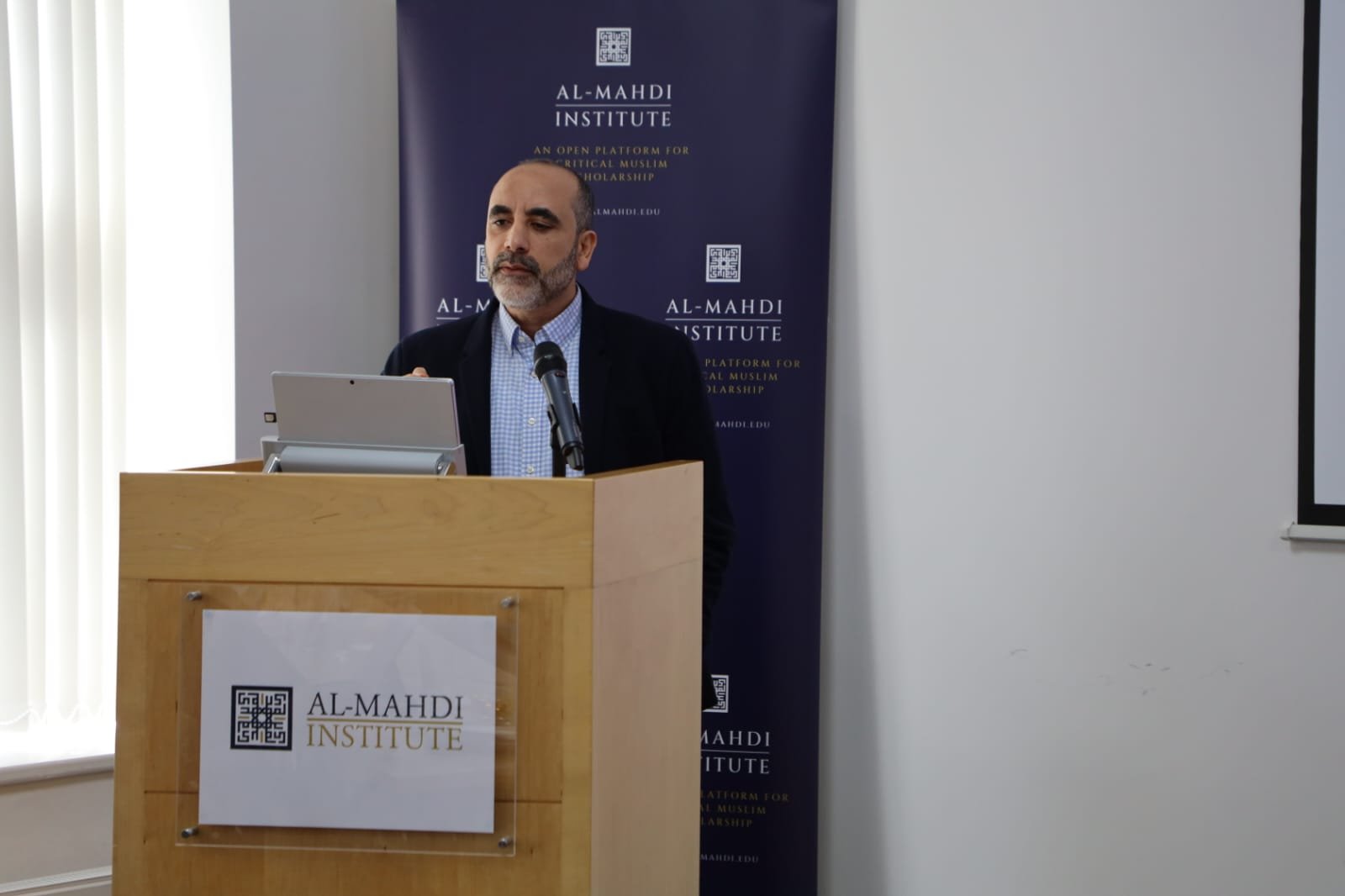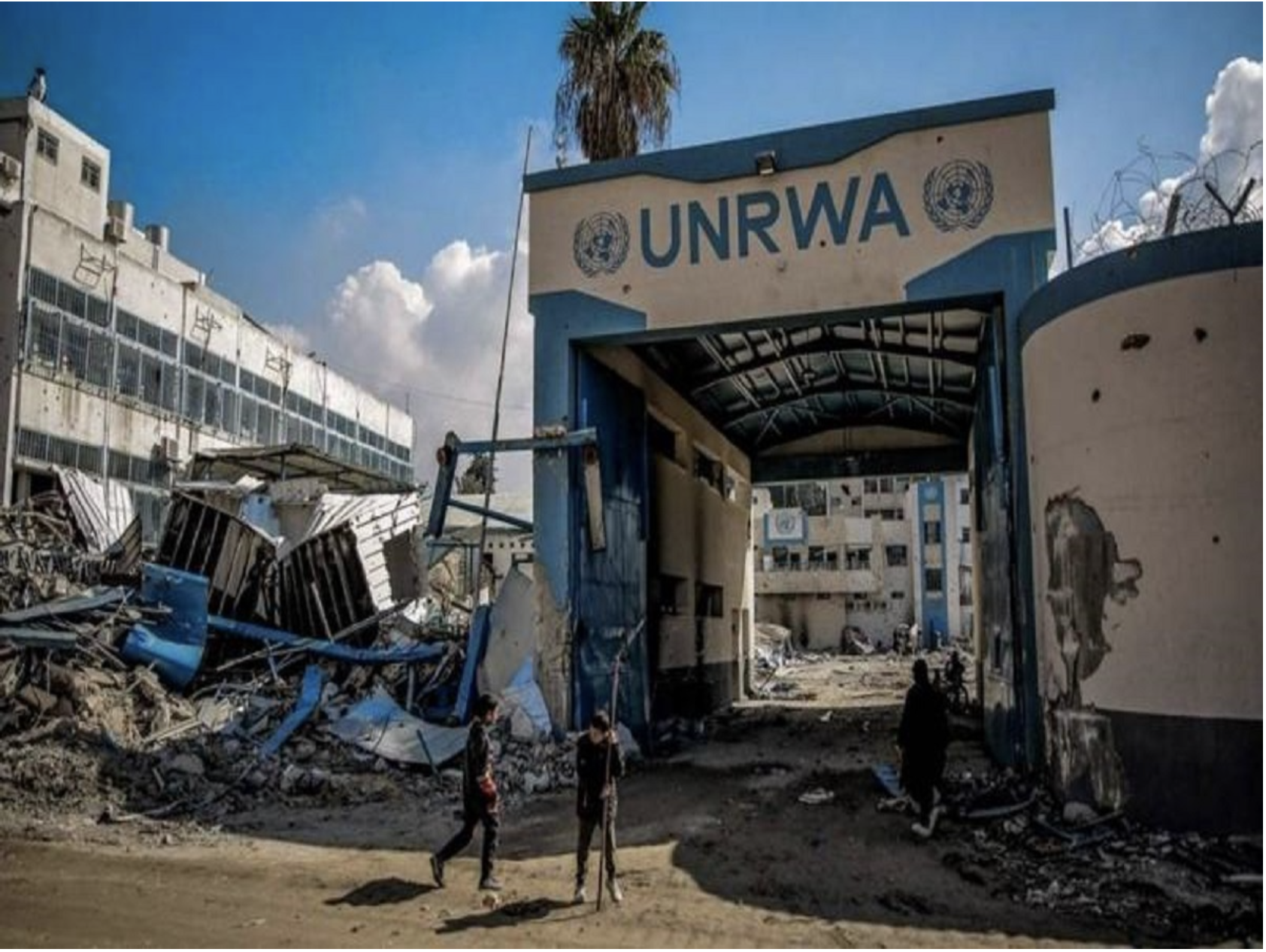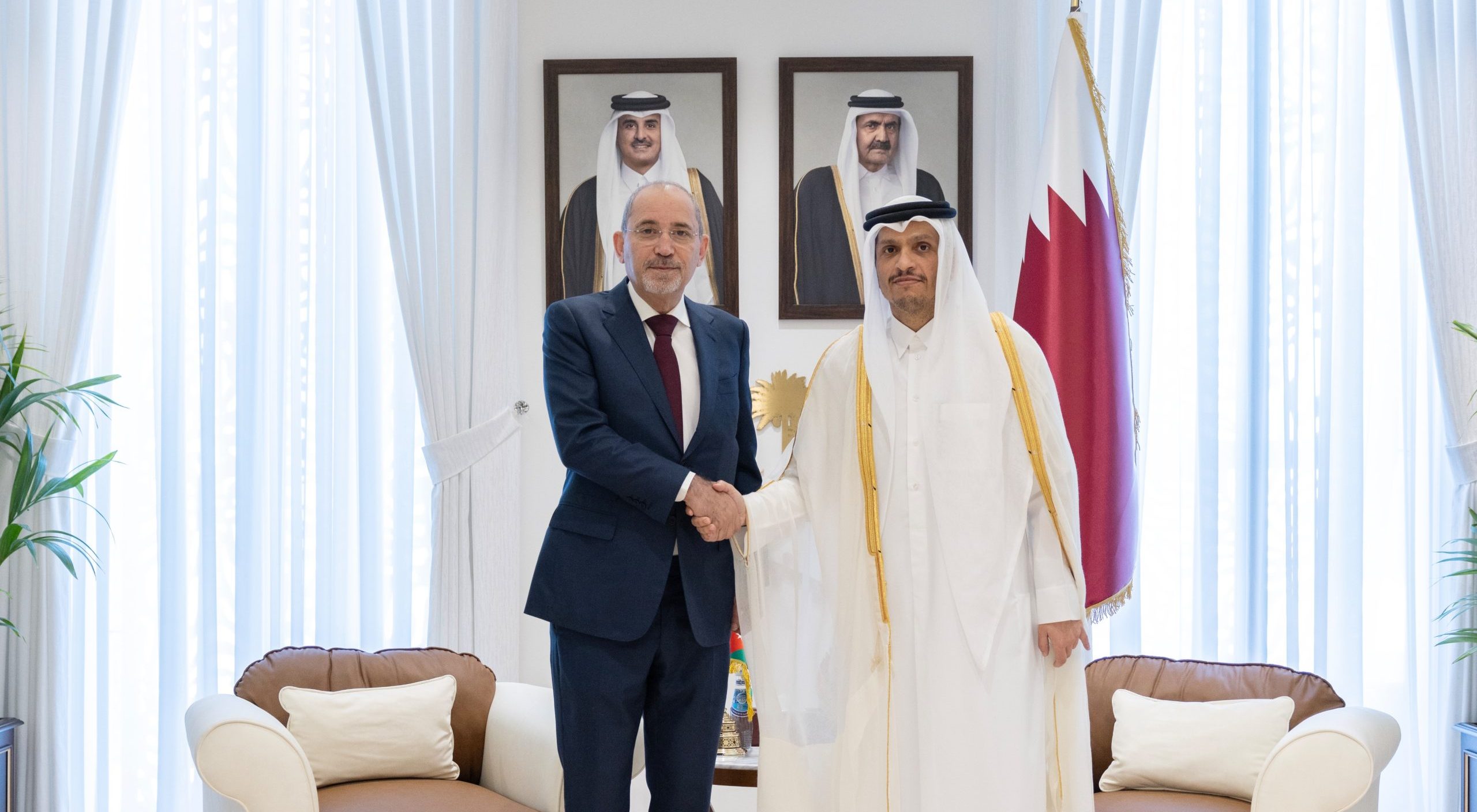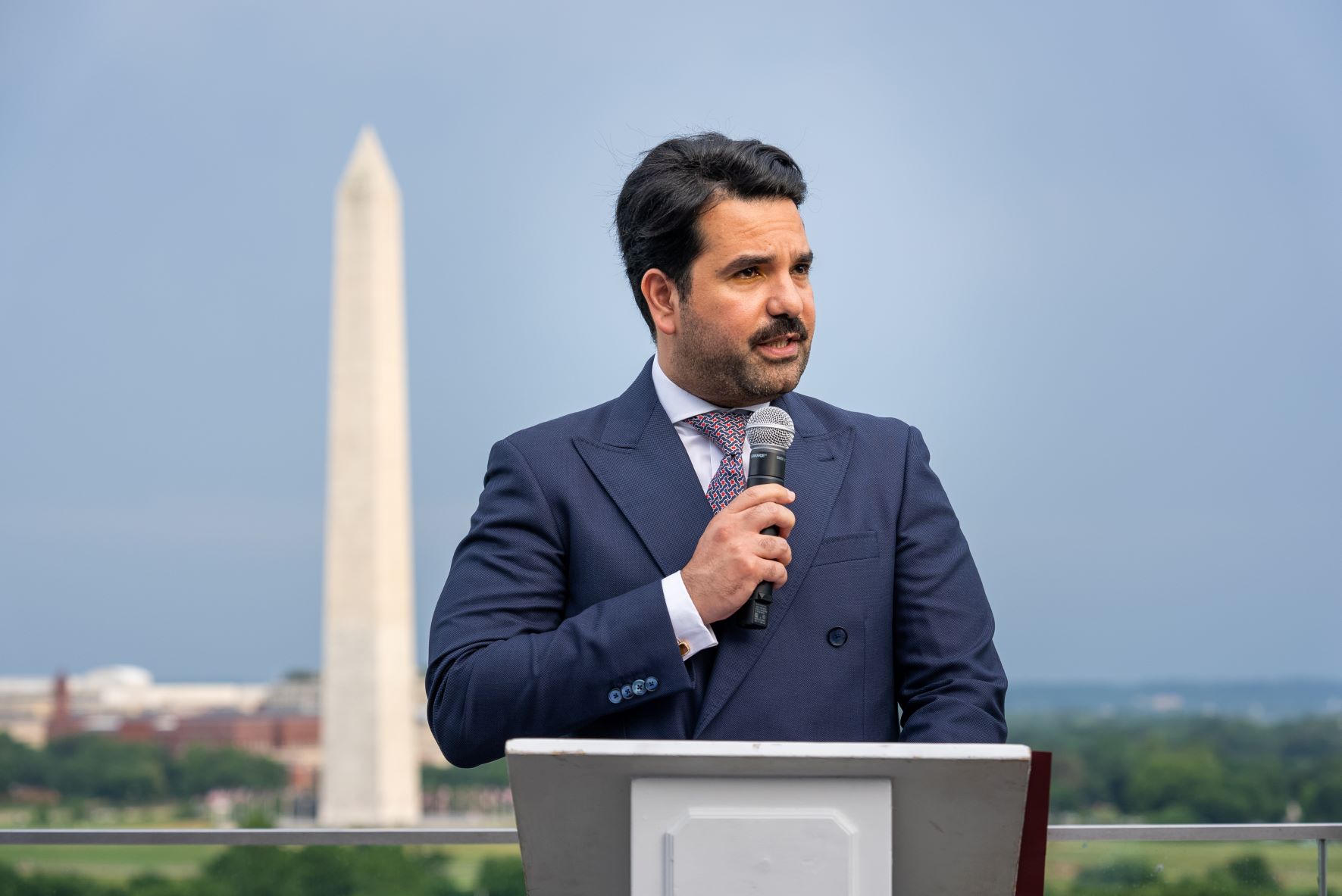The upcoming World Congress of Bioethics is set to take place from 3 to 6 June 2024 at the Research Centre for Islamic Legislation and Ethics in Doha.
A Qatar-based scholar who proposed the Gulf state hosts the 2024 Congress of the International Association of Bioethics (IAB), has hit back at Western criticism, saying it is unfair to single out the Arab, Muslim country and declare it ineligible based on subjective criteria.
“You cannot pinpoint a country, which happens to be an Arab Muslim country, and say to me, according to my criteria, Qatar is not eligible,” Mohammed Ghaly, a professor of Islam and biomedical ethics at Qatar’s Hamad Bin Khalifa University, said.
“This discussion should be based on consistent criteria that we agree on as a bioethics community, and applied to all future hosts.”
Critics from Western academia have raised objections regarding the selection of Qatar as the host for the upcoming World Congress of Bioethics, scheduled for next year.
The concerns primarily revolve around Qatar’s alleged human rights track record. The International Association of Bioethics decided to hold the 2024 congress in Doha, marking the first time the event will take place in a Middle Eastern nation.
Bioethics encompasses the study and professional application of ethical principles in the field of healthcare, particularly with regard to the ethical challenges posed by new technologies.
In March, a collective of professors and bioethicists from three Dutch universities published a letter in the journal Bioethics, expressing reservations about what they referred to as “ethics washing” due to Qatar being chosen as the host country. The letter specifically cited concerns about “violations of human rights”, including the alleged mistreatment of migrant workers as well as the Gulf country’s impact on climate change.
Ghaly maintained that he acknowledges the ongoing debate regarding Qatar’s suitability as a host, however he emphasised that he supports the discussion on the condition that certain criteria are met.
The HBKU professor believes the discourse surrounding Qatar’s hosting of the event has been influenced by the controversy surrounding Qatar’s hosting of the FIFA World Cup in 2022.
“I doubt that the colleagues who raised these criticisms are influenced by what I call the World Cup syndrome,” he noted. “They forget that, unlike the World Cup, the host of this congress is an institute, not a country.”
The 17th World Congress of Bioethics, in collaboration with the World Innovation Summit for Health, is set to take place from 3 to 6 June at the Research Centre for Islamic Legislation and Ethics in Doha.
Nancy Jecker, the President of the IAB, along with Vardit Ravitsky, the Vice President, expressed that it is a requirement for all prospective hosts of the conference “to commit to furnishing a Congress venue where bioethics can be debated freely in an atmosphere of mutual respect.”
“However, IAB does not require a host country’s government to be democratic. If we did, nearly 39% of countries would not be eligible,” they both added.
In their response, they expressed their positive reception of Qatar hosting the event, considering it as an opportunity to incorporate diverse perspectives into the global discourse on bioethics.
Ghaly concurred and said this was precisely the primary objective of the event.
“We need to diversify the field of bioethics and enrich it through insights from various religious traditions,” he said.
“It is also a learning moment for us to know how scientists from other regions are addressing bioethical concerns. This is how bioethical discourse can be truly global.”
Since winning the bid to host the World Cup back in 2010, Qatar found itself under the international spotlight, with waves of incessant and unprecedented scrutiny, particularly from the West, over the conditions of migrant workers.
Months ahead of the World Cup, Qatar’s Amir Sheikh Tamim bin Hamad Al Thani took aim at the unfair criticism of the Gulf state during an address at the World Economic Forum (WEF) in Davos, in which he tapped into attacks launched against the Gulf state for being the first in the Middle East to host the major sporting event.
“For decades now, the Middle East has suffered, from discrimination. And I have found that such discrimination is largely based on people not knowing us, and in some cases, refusing to get to know us,” said Sheikh Tamim.
Authorities in Qatar at the time said the criticism had continued despite it rolling out historic reforms to address the concerns and ensure the rights of workers are respected and upheld.
Some of the reforms included the dismantling of the controversial Kafala system that stopped workers from freely changing jobs. Another included the introduction of the region’s first ever non-discriminatory minimum wage law.
Prior to the sporting event in Qatar, FIFA President Gianni Infantino said the Gulf state had undergone a significant transformation since being awarded the hosting rights for the FIFA World Cup 2022, accomplishing in a few years what took Europe centuries to achieve.
“It took us in Europe hundreds of years to arrive where we are now…in this part of the world, in Qatar, it has been done in a few years so it’s clear that at the beginning we need some time to assess it,” he said in June last year.







